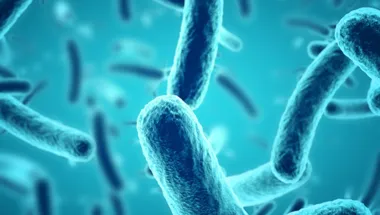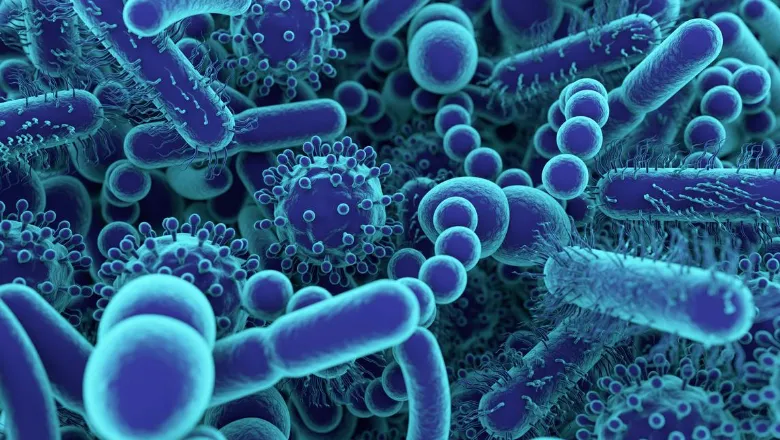
Dr Frederick Clasen
Research Associate
Research interests
- Host-Microbiome Interactions
Contact details
Biography
Frederick Clasen completed his undergraduate and master’s studies in Bioinformatics and Biotechnology at the University of Pretoria in South Africa. He then moved to London to pursue a PhD at the Francis Crick Institute and King’s College London. His PhD concentrated on the development of mathematical models to simulate metabolism computationally. This included integrative genome-scale metabolic models of host and microbiome metabolism focusing on liver cancer.
In his current role, Frederick is researching several integrative projects investigating how the microbiome contributes to disease physiology and is building tools and computational resources for this purpose.
Research

Centre for Host-Microbiome Interactions
Millions of microorganisms live in and on our bodies forming microbiomes on different surfaces. Researchers in the Centre for Host Microbiome Interactions study our relationship with these bacteria and fungi in health or in oral and systemic diseases such as periodontitis, candidiasis, oral cancer and Alzheimer’s disease.
News
Mouth and gut bacteria linked to brain changes in Parkinson's disease
Scientists have discovered a link between bacteria in the mouth and gut and the progression cognitive decline in Parkinson’s disease.

“Transient” gut bacteria may affect health and guide diet choices
‘Transient’ populations of gut bacteria may contribute to the development of chronic liver disease and diabetes, but a personalised diet plan could lessen the...

New gut microbiome atlas builds most accurate profile of global gut health to date
Research could help doctors around the world better understand how bacteria in the gut cause disease and how to treat them.

Research

Centre for Host-Microbiome Interactions
Millions of microorganisms live in and on our bodies forming microbiomes on different surfaces. Researchers in the Centre for Host Microbiome Interactions study our relationship with these bacteria and fungi in health or in oral and systemic diseases such as periodontitis, candidiasis, oral cancer and Alzheimer’s disease.
News
Mouth and gut bacteria linked to brain changes in Parkinson's disease
Scientists have discovered a link between bacteria in the mouth and gut and the progression cognitive decline in Parkinson’s disease.

“Transient” gut bacteria may affect health and guide diet choices
‘Transient’ populations of gut bacteria may contribute to the development of chronic liver disease and diabetes, but a personalised diet plan could lessen the...

New gut microbiome atlas builds most accurate profile of global gut health to date
Research could help doctors around the world better understand how bacteria in the gut cause disease and how to treat them.

